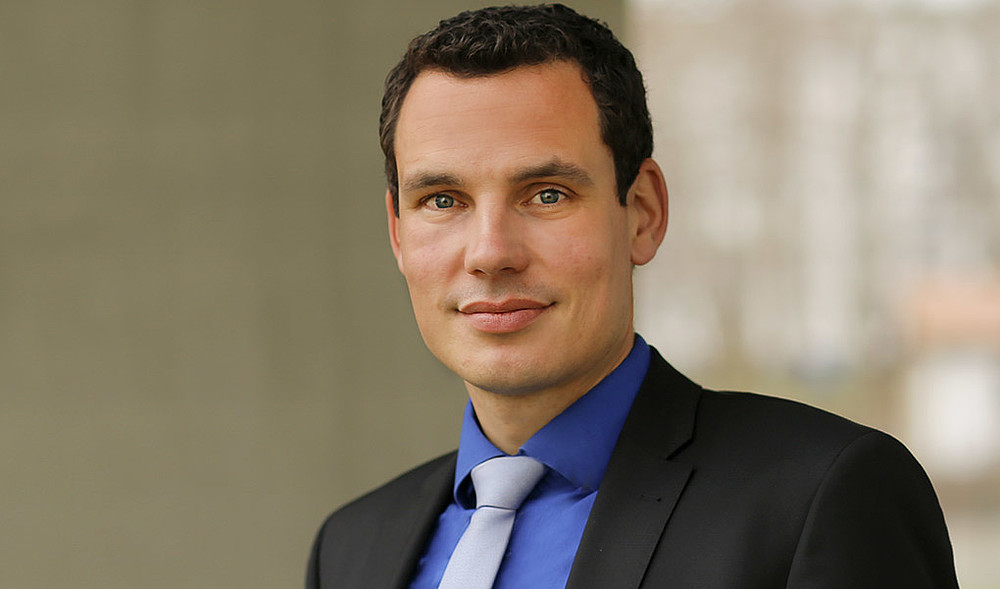And now? Covid-19 has brought up the topic of triage, the screening and classification of patients, once again. An interview with medical law expert Prof. Dr. Erik Hahn.

Do we need triage courts and how important is lifelong learning for doctors? The question of who should be treated first when the healthcare system is overwhelmed has not yet been regulated by law. Prof. Dr. Erik Hahn answers this question in the SZ.
Irrespective of the existence of a disaster situation, the triage and prioritization of patients can only be carried out by doctors. Medical criteria such as the prospects of success and the urgency of the treatment are primarily decisive. Even in an emergency, this can only be assessed by a doctor. Of course, as in any other life situation, this does not protect the doctor from a subsequent legal review of the legality of their decision.
In the event of a major rail accident, the emergency doctor has to decide at the scene of the accident which of the injured people to treat first, which can wait a little longer and - in the worst case - which people have no chance of being rescued despite their best efforts. In the corona situation, it may be that a patient with a moderate need for treatment has been connected to a life-support machine and now another patient with a more urgent need for treatment is admitted to the hospital. This raises the question of whether the treatment of the first patient may be discontinued or at least reduced in favor of the second patient. Even more serious problems arise from the question of whether a patient with a lower chance of recovery may be discharged in favor of another patient with a greater chance of recovery if there is a shortage of ventilators. A selection based on urgency and chances of success when starting treatment is widely accepted among medical lawyers, as the legal system cannot demand the impossible from anyone. On the other hand, weighty voices - including the German Ethics Council - reject the right of the doctor to remove a patient who has already been connected to the machine in favor of another patient according to the criteria mentioned.
I am not convinced by the strict differentiation between active action and omission. Nor does it correspond to the parallel development in the implementation of living wills. The Ethics Council points out that a doctor who makes a conscience decision in such a situation can probably hope for an excusable leniency from the legal system. However, this concept still contains so many question marks that it is unlikely to reassure the doctor who actually makes the decision and may then be threatened with prosecution. At best, these considerations become more viable if one accepts the principle of chance and rejects its subsequent correction. According to this concept, a patient who receives the last available ventilation slot shortly before another patient has been just as lucky as an organ recipient who has better criteria than other people on the waiting list at the crucial time.
In my view, triage courts do not bring any substantial improvement. There is no doubt that doctors are faced with an ethical dilemma. However, even a special triage court cannot solve this problem. The idea of setting up such courts goes back to considerations that on the one hand - convincingly - cast doubt on the general moral superiority of doctors, but on the other - unconvincingly - called for special decision-making bodies on the grounds of democratic legitimacy. In my opinion, this only shifts the problem, if not obscures it. The courts would once again have to base their decisions on a medical assessment of the medical situation, particularly in terms of urgency and prospects of success.
You can read the complete interview with Prof. Dr. Hahn in the Sächsische Zeitung.